Canadian women share their best personal finance advice
By: LowestRates.ca Staff on March 8, 2019
As we mark International Women’s Day, what is there to say about the state of women and their finances in 2019?
To be frank, some of the news we’ve covered about women and money this year has been pretty troubling.
For example, we learned that parents teach girls to budget and save but don’t encourage them to take risks in investing. We learned that women are three times more likely than men to make financial sacrifices, like quitting their jobs, in order to care for children or aging parents. And we learned that unwed women — a sizeable demographic in Canada — are disproportionately impacted by the lack of tax breaks for singles because of their gender.
The theme of this year’s International Women’s Day is #BalanceforBetter. It’s about striving for gender balance in places like the boardroom, government, media, sports, and finance.
To get there, women need to lift each other up. That’s why we asked six noteworthy Canadian women what words of financial wisdom they would impart to other women — whether that includes taking control of their finances, having multiple revenue streams, or recognizing that they deserve a seat at the financial table.
Ellen Roseman, Personal Finance Columnist, Toronto Star
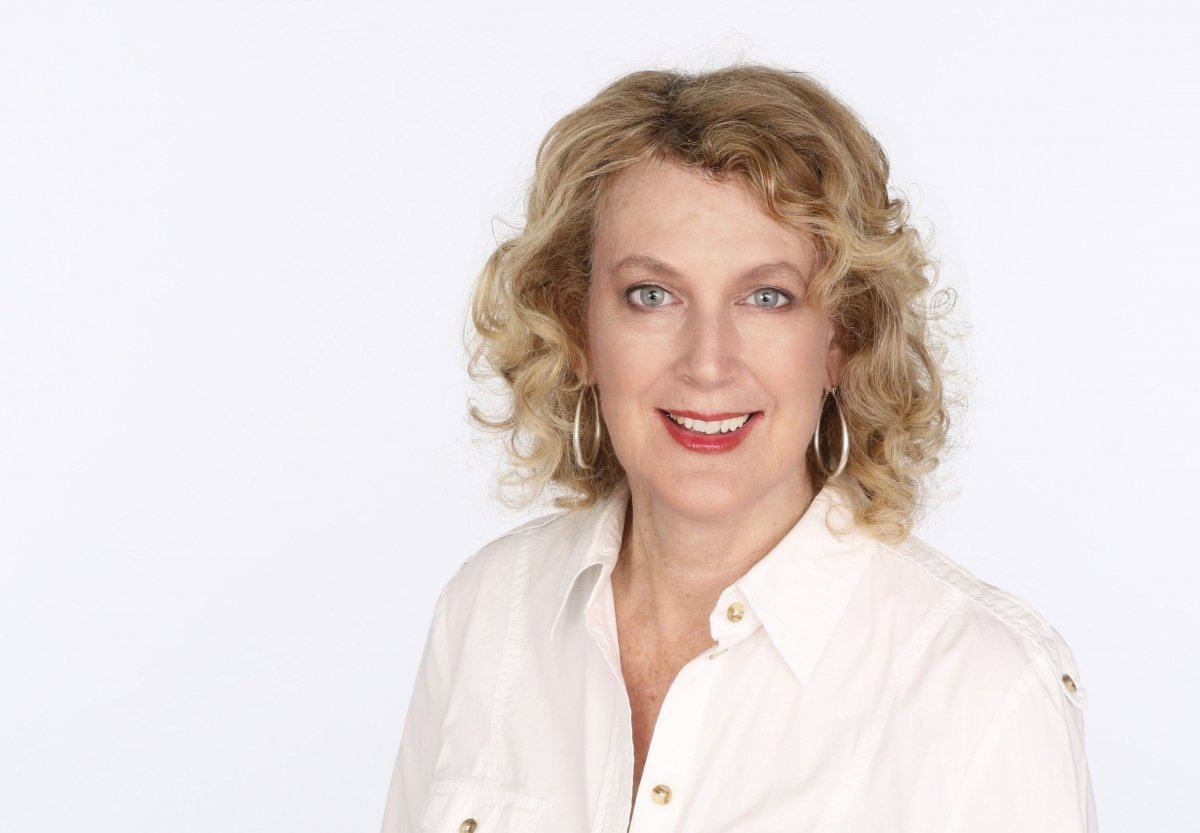
There’s a gender wealth gap in Canada. A survey by Wealthsimple, a robo-advisor firm, found the average 30-to-35-year-old man with a university degree who is investing has put $67,000 into his accounts. The average woman has put only $36,500.
My advice to women: Learn how to invest. Read a book, take a course or find a reputable website such as Get Smarter About Money. Contribute regularly to an RRSP or TFSA and get some money working for you in the stock market.
Investing is not that hard. Master the lingo and make it a habit. Your confidence will grow with experience.
Dr. Lin-Yuen Choo-Campbell, Dentist
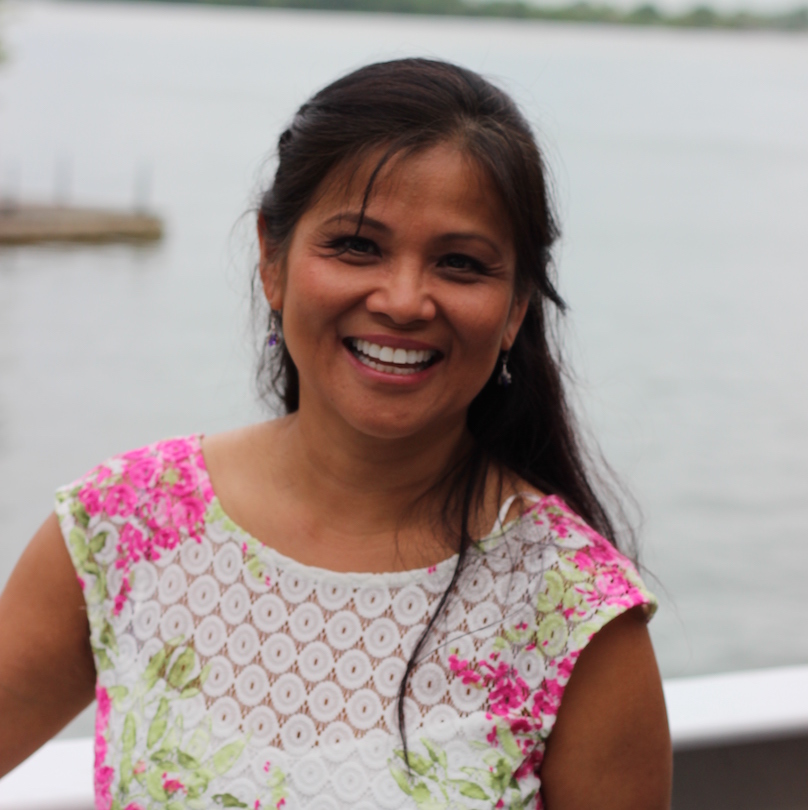
I was a single parent by the time I was 24. I had two babies to take care of, and I had just finished university with a lot of debt. The first thing I did was move home — my mother helped me raise my two daughters. I held down three jobs.
I think a lot of women find themselves in that situation — whether they’re in a bad relationship, or they’re out of a relationship, they’ve got kids. Family support is important, but you yourself have to make that decision to say, “Hey — I’m going to take responsibility for my finances.”
I found that if I was very disciplined on what I spent, I had a little extra money and I could put it away. It became a habit. That was the most important thing — to form that habit. I don’t know how else I would’ve been able to end up running [my own] business. If you work hard you’re going to make decent money. But you’re also going to be able to save that money instead of spending it faster than you can make it.
Desirae Odjick, Personal Finance Blogger, Half Banked

There's a lot working against women when it comes to money, from biases in how we’re perceived in negotiations to the fact that we’re less likely to invest — even though studies show that when we do invest, we perform better than men on average! That’s why it’s even more important that we take ownership over understanding and controlling our own money.
Money can buy you choices, freedom, and flexibility, and those are powerful things I want every woman to have. Wherever you’re starting from, this International Women's Day I want to encourage every woman to take the next step in learning about money, whether that’s building a budget, starting to invest or anything in between. I want every woman to know that the world of money and the conversations about money are places that she belongs, even when it doesn't always feel that way.
Amanda Alvaro, Co-Founder, Pomp & Circumstance
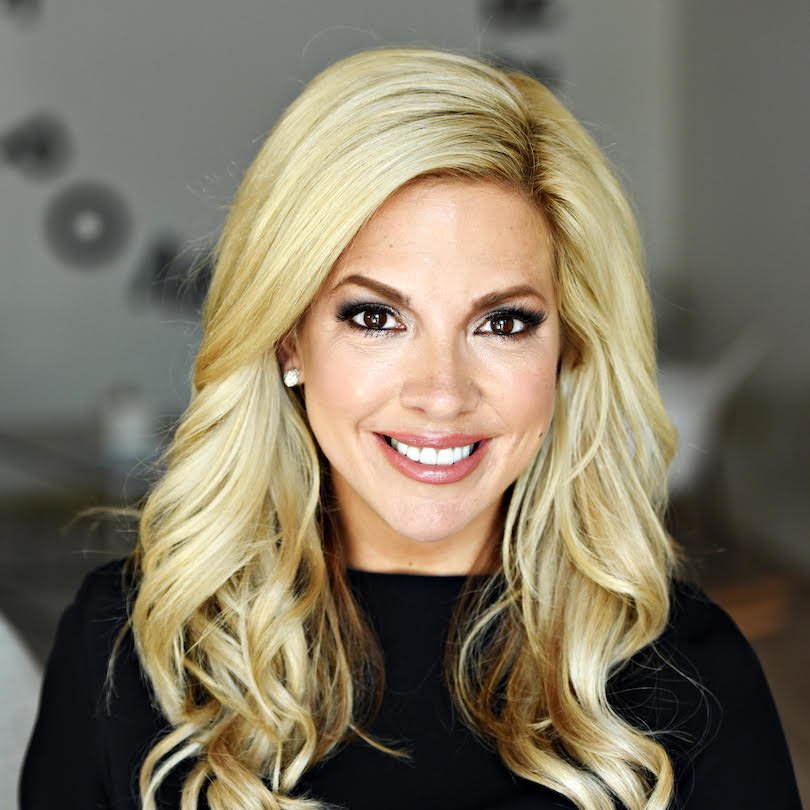
I work with a lot of young professional women at my PR agency, Pomp & Circumstance. They begin their first career with big ambitions and sometimes, big debt. Wise words that I followed early on was to pay off debt as quickly as you can. Don’t let student loans or credit card bills pile up and encumber you. It may be more fun to take a trip or buy your dream pair of boots (ok, you should do a little of this too!), but make a concerted effort to pay off your debt first. Debt = excess interest and bad credit. Prioritize paying off debt today to better position yourself for the lifestyle you want to enjoy tomorrow.
Also, watch out for avoidable fees or subscription costs. There are options that cater perfectly to young professionals, like a no-fee digital bank, so you can put that extra money towards saving for something that makes you happy — like a trip, or (one more time for the people in the back!) paying off your debt! Once your debt is paid off then focus on accumulating wealth and savings.
Fatima Zaidi, VP Business Development, Eighty-Eight
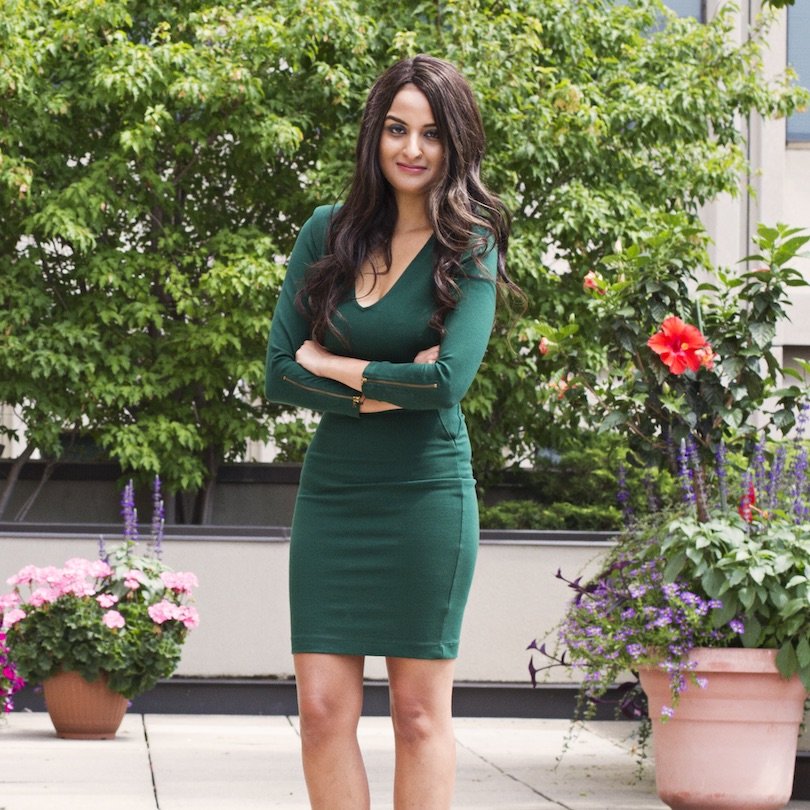
One thing that I learned early on is that now is the time to save. People think they have so much time to save, and they’ll say, “I will save when I’m older” but why wait? When you start saving in your 20s versus in your 40s or 50s, you’ll be more financially secure throughout your life, and more financially prepared for unplanned situations.
In your 20s, when you’re just starting your career, it’s hard to save money. I’ve heard it takes seven revenue streams to become a millionaire and that’s my goal! I know that seven seems like a lot, but when you think about the skills that you have, the skills you can learn, or resources you have access to, you’d be surprised at the different ways you can make money on top of your day job. I’m the VP of Business Development at Eighty-Eight; I’m the Co-Founder and CEO of Quill Inc.; I write for publications like the Globe and Mail; I speak at conferences, and I invest my money in stocks and real estate.
It’s important to know that as a woman, you can do anything. I truly believe the future is female.
Sarah Taylor, Model, Owner, Fitness by Sarah Taylor
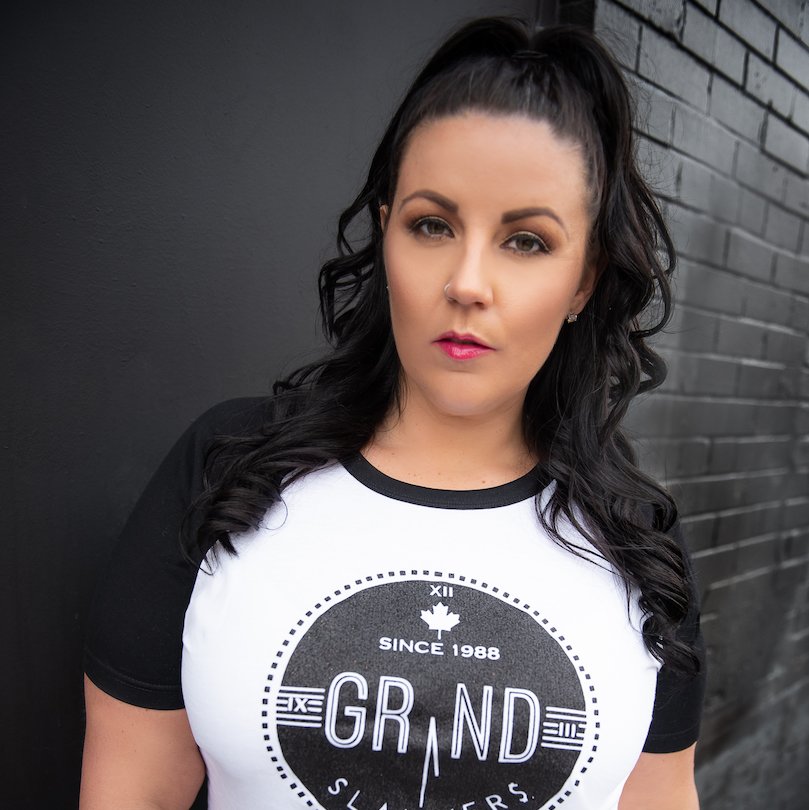
My story is that I was divorced before 30 and it left me in a lot of debt.
Finding my purpose and passion drove me to take care of my finances. If I didn’t get my finances together, I wouldn’t have been approved for the loan that helped me open a downtown business.
With women in general, we can be so extreme in everything — I see that with my clients. But if you can look at having a balanced approach in everything in your life — from our finances, our nutrition, being active — life becomes so much more peaceful and we’re not strained in any of those areas. If you’re not stressed by finances you have time to find out what your passion is. You’re not bound or restricted by money anymore.
My finances are tough right now because I’m opening brick-and-mortar gyms. Any extra money I have has to go to the gym, but I’m living my dream and helping other women.
Illustration by Taryn Gee.
5ec2.jpg)
_03b36.jpg)
